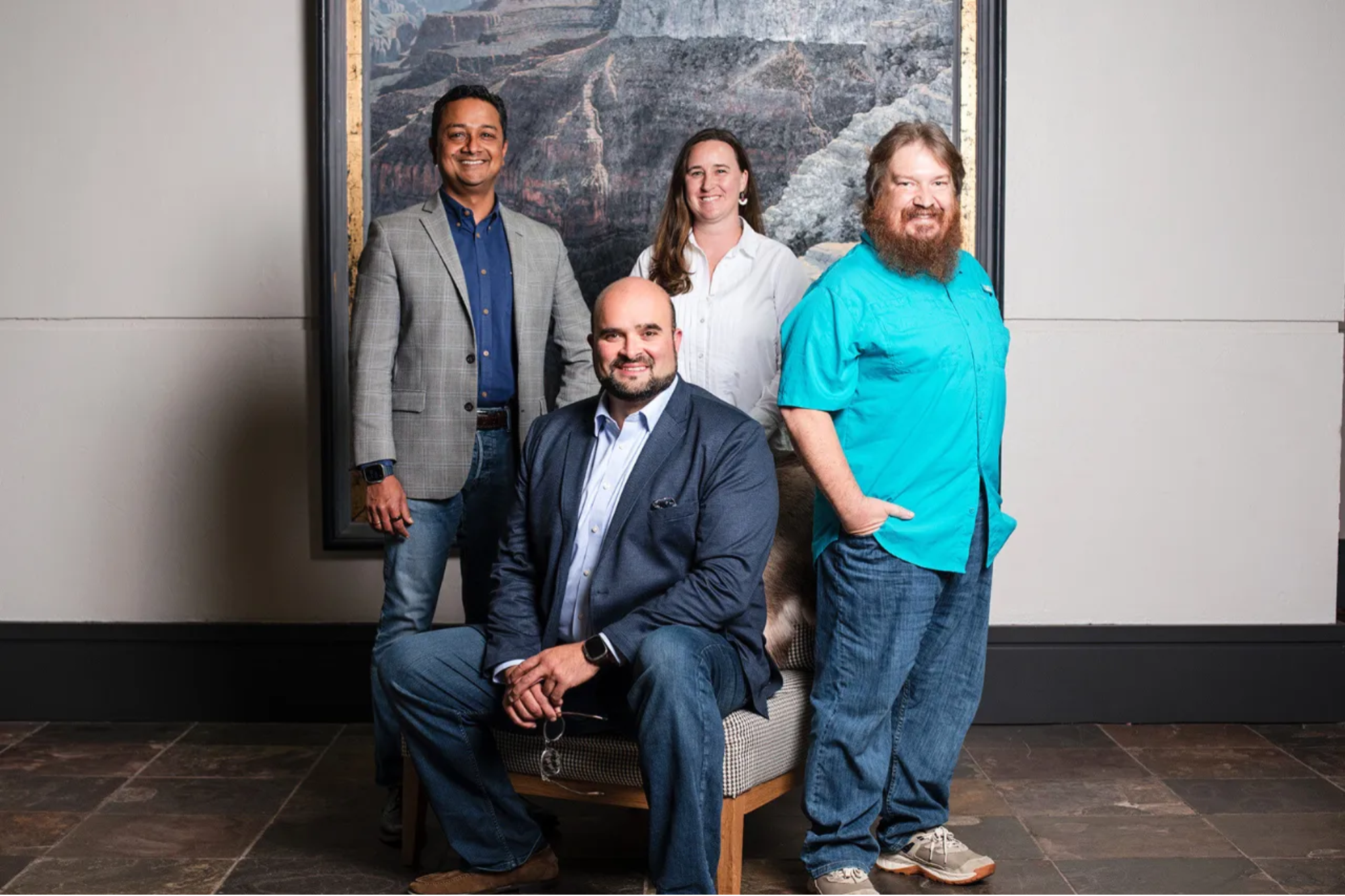The Path-Breaker Manoj Bhargava, whose net worth is estimated at $4 billion, has pledged 99 per cent of his fortune to finding solutions that could save the world and his focus is on India.
You're reading Entrepreneur India, an international franchise of Entrepreneur Media.

Following the footsteps of personalities like Bill Gates and Michael Dell donating money to charitable causes, Manoj Bhargava, whose net worth is estimated at $4 billion, has pledged 99 per cent of his fortune to finding solutions that could save the world and his focus is on India. In this regard, Bhargava is out with its electricity-generating stationary bicycle. In an interaction with Entrepreneur, Bhargava shares his life journey as an entrepreneur.
How are you connected to India?
We lived in Lucknow and my father was a very successful publisher and author. We were quite well off here. Then
one day, he said we had done everything here let's went to America. Thus, we shifted to the US.
Why did you drop out of Princeton University?
I got admission in Princeton through scholarship. I was studying there but not really working hard. My main focus was just goofing off, having fun. I realized that this was not what I wanted to. I needed an education that's different. So I left. Of course, my parents almost killed me.
Then I went after a different type of education. For 12 years I pursued a different type of education, which was about fundamentals. It was to really understand something rather than the complicated theorems. Education should be about understanding simple things first and that's what I learnt. After that my life became relatively simple.
What is the story of this billionaire?
When we were working, we got off to a product (5-hour energy), which became one of the biggest consumer products in the world. Suddenly that created enormous amount of wealth. Then I thought yes it's great, but what next. Just making more didn't make any sense because I had such a simple lifestyle. So I started doing something worthwhile.
There is only one thing worthwhile that's doing something for those who need it. My definition of charity was really simple – addressing human sufferings. Some people give to big rich universities to get their names on the building. The only thing that mattered for me was to do something for the bottom of the pyramid.
So how did you come up with an amazing stuff?
I didn't want fancy degreed people, so I gathered those in the US who had made things that were really amazing. We also have couple of scouts that wander around the world and look for great things. Whether we make money or not to me that's not relevant. What's relevant is our product should be useful to the bottom of the pyramid. What will end up is a bunch of projects that will make money. I take my share and use it for charity.
How do you lead a simple life being a billionaire?
Companies of our size have 2,000 people. We wiped away things that are not We are not sincerely efficient; we just don't do things that have no use. Whereas companies tend to do all kinds of things which nobody knows why? Meetings, PPTs, strategic things and you are wondering when you are going to do the work.
So we sort of carved out all of these things. You go into the corporate side and you become one of them. You have regular meetings. God knows for what. But you have them. You go to seminars and you learn nothing but you go again. We don't do any of these activities. It's really simple operations. People like it because they also believe reports.
Why to have these reports which nobody ever sees. What do you count as your failures?
I come up with a product and nobody wants to buy – this will be there. But it's part of that journey. And if you can't take that, there is a saying in the US that if you can't take the heat, get out of the kitchen. So if you can't handle that don't get into a business.
(This article first appeared in the Indian edition of Entrepreneur magazine (January 2016 Issue).












